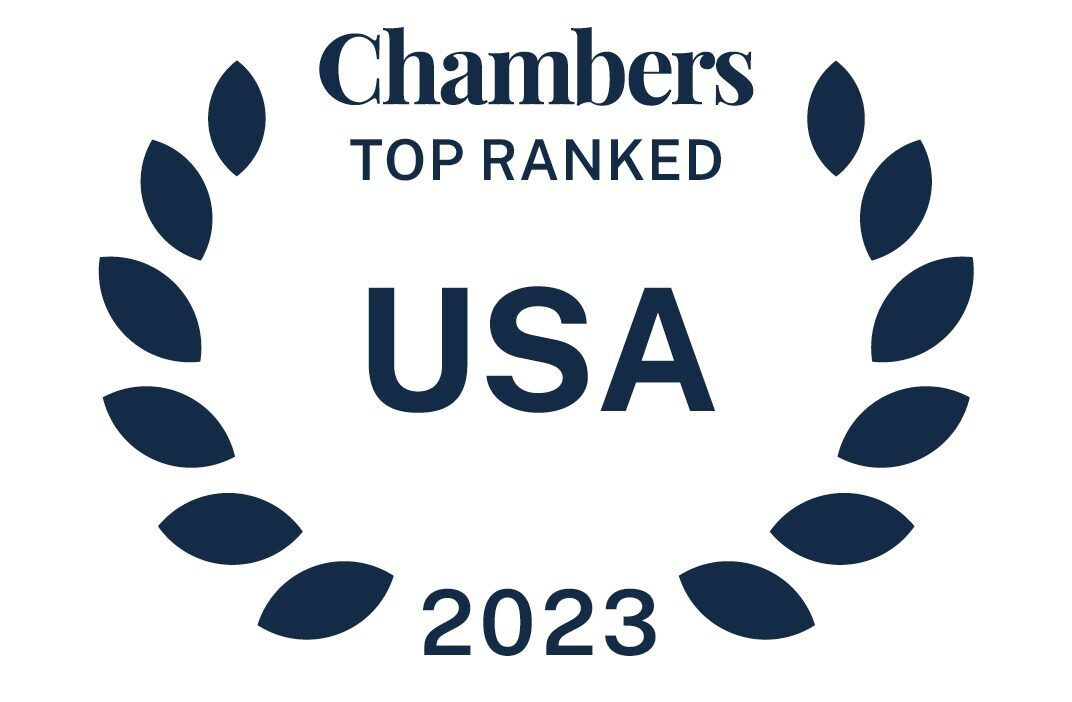Trending in Telehealth highlights monthly state legislative and regulatory developments that impact healthcare providers, telehealth and digital health companies, pharmacists, and technology companies that deliver and facilitate the delivery of virtual care.
Trending in December:
- Medicaid reimbursement policies
- Telehealth practice standards
- Behavioral health integration
A CLOSER LOOK
Proposed legislation & rulemaking:
- A proposed rule in Iowa would establish guidelines for the provision and reimbursement of certain services under Iowa Medicaid. This regulation would provide that in-person contact between a healthcare professional and a patient is not required as a condition for payment of otherwise covered services.
- The Wisconsin Physical Therapy Examining Board proposed amendments to define “telehealth” and remove an onsite requirement for patient assessments and reevaluations, allowing these tasks to be performed via telehealth under specified conditions. “Telehealth” would be defined as the practice of healthcare delivery, diagnosis, consultation, treatment, or transfer of medically relevant data by means of audio, video, or data communications that are used either during a patient visit or a consultation, or are used to transfer medically relevant data about a patient. “Telehealth” would include asynchronous telehealth services, interactive telehealth, and remote patient monitoring.
Finalized legislation & rulemaking activity:
- The Delaware Board of Pharmacy temporarily renewed emergency regulatory amendments permitting out-of-state pharmacists to practice in Delaware following widespread pharmacy closures. The renewal expired on December 31, 2025, and no subsequent renewal has been issued..
- The December 2025 Michigan Register published updated certificate of need review standards for psychiatric beds and services. Michigan’s certificate of need standards use a point system to evaluate applications, requiring applicants to meet a minimum threshold for approval. Projects receive three points if the applicant has or proposes a telehealth or telemedicine program to support inpatient psychiatric admissions or assist with diagnosis, treatment, or other inpatient services necessary for admission or retention.
- New York passed S4914B, which expands protections for people who provide or receive legally protected health activities, including reproductive and gender-affirming care, against out-of-state legal actions. Amendments include a revised definition of “reproductive healthcare” to include all medical, surgical, psychiatric, therapeutic, diagnostic, mental health, behavioral health, preventative, rehabilitative, supportive, consultative, referral, prescribing, or dispensing services relating to the reproductive system provided via telehealth.
- Ohio adopted a rule that allows individual pharmacists enrolled in Medicaid to receive payment for covered telehealth services.
- Oregon finalized its durable medical equipment, prosthetics, orthotics, and supplies (DMEPOS) face-to-face encounter requirements rule. Telehealth encounters used to satisfy the face-to-face encounter requirement for a DMEPOS item must meet the requirements outlined in the prioritized list of health services, telehealth, teleconsultations, and online/telephonic services ancillary guideline.
- The US Drug Enforcement Administration (DEA) extended pandemic-era flexibilities for prescribing controlled substances online for one year, through December 31, 2026. The DEA and the US Department of Health and Human Services also announced two rules effective December 31, 2025:
- Practitioners [...]
Continue Reading
- Practitioners [...]
read more


 Subscribe
Subscribe

